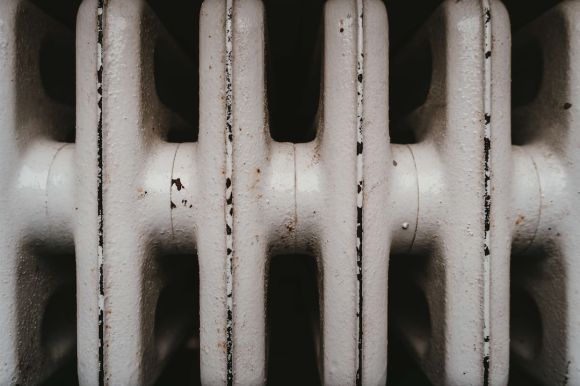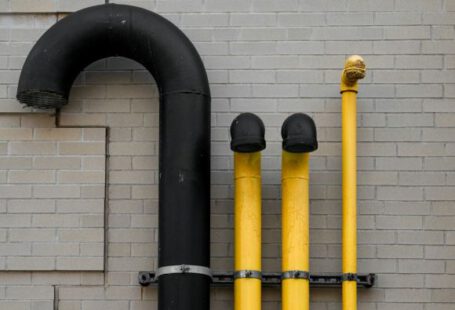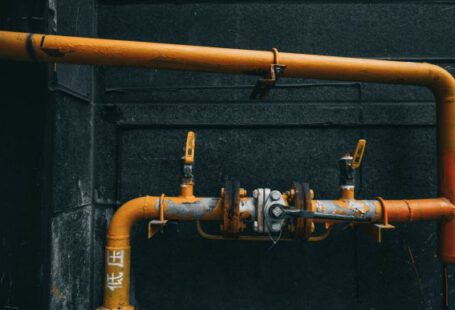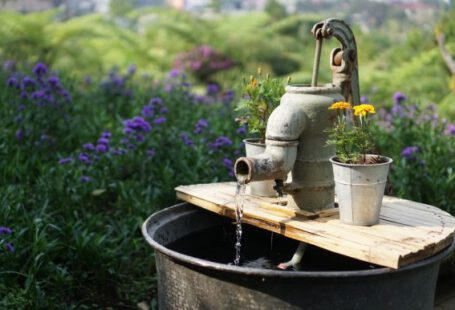A water heater is an essential appliance in every household, providing hot water for various purposes. While it is convenient and makes our lives easier, it is important to prioritize safety when it comes to using a water heater. Accidents can happen if proper precautions are not taken. In this article, we will discuss some tips to prevent accidents and ensure the safe operation of your water heater.
Regular Maintenance and Inspection
Regular maintenance and inspection of your water heater is crucial to prevent accidents. Over time, sediment can build up in the tank, leading to reduced efficiency and potential overheating. It is recommended to flush the tank and remove any sediment at least once a year. Additionally, inspecting the pressure relief valve and other components for any signs of damage or wear is essential. If you notice any issues, it is best to contact a professional to have them repaired or replaced.
Proper Installation
Proper installation of a water heater is the foundation of its safe operation. It is crucial to have your water heater installed by a licensed professional who is knowledgeable about local building codes and safety regulations. This ensures that it is properly vented, connected to the appropriate power source, and has the necessary safety features in place. Cutting corners or attempting a DIY installation can lead to serious safety hazards.
Temperature Setting
Setting the temperature of your water heater at the right level is an important safety measure. The recommended temperature is 120 degrees Fahrenheit (49 degrees Celsius). This temperature is hot enough for most household needs while minimizing the risk of scalding accidents. Higher temperatures can pose a serious risk, particularly to children and the elderly. It is important to check and adjust the temperature periodically to maintain a safe level.
Avoid Flammable Materials
Water heaters generate heat and can be potential fire hazards if flammable materials are stored near them. It is important to keep the area around your water heater clear of any flammable items, such as gasoline, paint thinner, or cleaning chemicals. These items should be stored in a separate, well-ventilated area away from the water heater to prevent accidents.
Proper Ventilation
Proper ventilation is essential for gas-powered water heaters. These appliances produce combustion gases that need to be safely vented outside. If the ventilation system is blocked or malfunctioning, it can lead to a buildup of carbon monoxide, a colorless and odorless gas that can be deadly if inhaled in high concentrations. Regularly inspect the ventilation system and ensure that it is clear of obstructions.
Carbon Monoxide Detectors
Installing carbon monoxide detectors near your water heater and throughout your home is another important safety measure. These detectors can alert you in case of a carbon monoxide leak, allowing you to take immediate action and prevent potential harm. Make sure to test the detectors regularly and replace the batteries as needed to ensure their effectiveness.
Conclusion: Prioritizing Water Heater Safety
Water heaters are a common appliance in our homes, but it is crucial to prioritize safety when using them. Regular maintenance and inspection, proper installation, setting the temperature at a safe level, keeping flammable materials away, ensuring proper ventilation, and installing carbon monoxide detectors are all important steps to prevent accidents. By following these tips, you can ensure the safe operation of your water heater and protect yourself and your family from potential harm.



